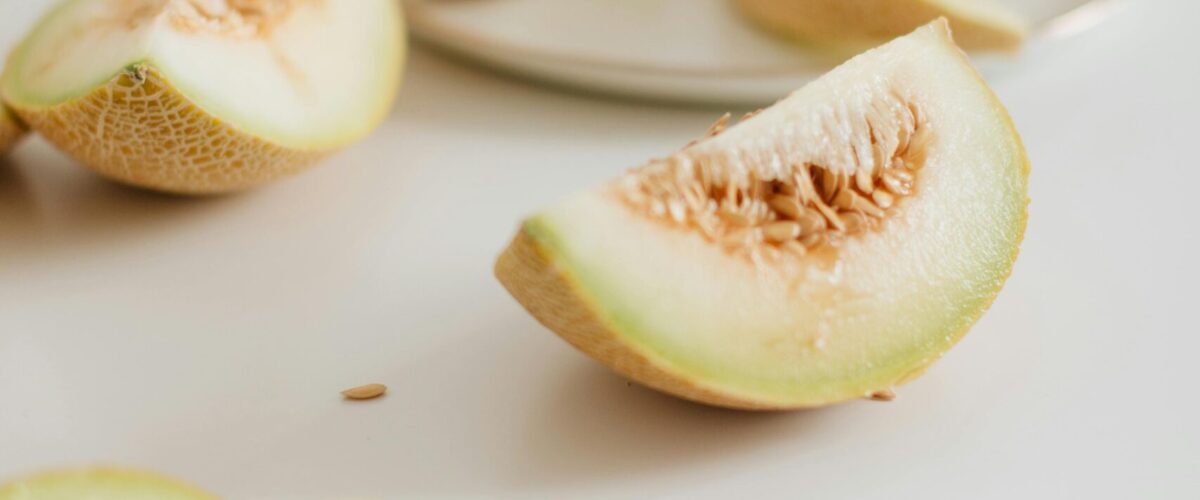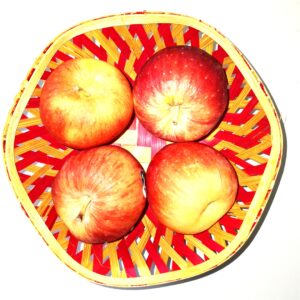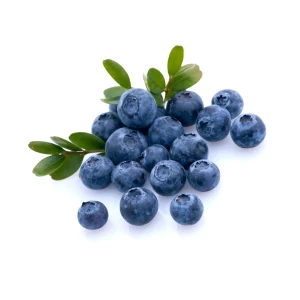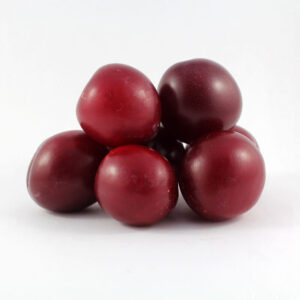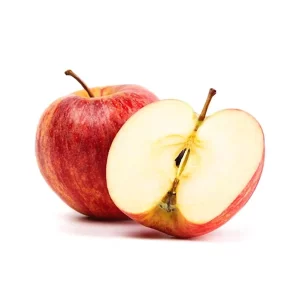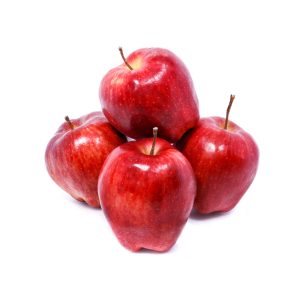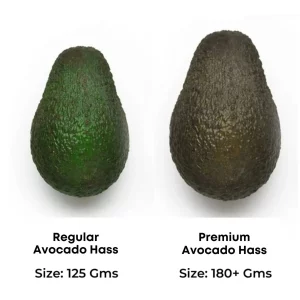As the sun blazes down on those sweltering summer days, there’s nothing quite like biting into a juicy slice of muskmelon. Its sweet, succulent flesh not only quenches your thirst but also offers a myriad of health benefits that can boost your overall well-being. Often overlooked, this vibrant fruit is more than just a refreshing treat; it’s a powerhouse of nutrients waiting to elevate your health. From promoting hydration to supporting digestion, muskmelon is a delicious addition to any diet. Join us as we dive into the delightful world of muskmelon and uncover the incredible benefits it has to offer!
Nutritional content
Here’s a general breakdown of its nutritional content per 100 grams:
| Nutrition | Content |
| Energy | 34 kcal |
| Protein | 0.84 g |
| Fats | 0.19 g |
| Carbohydrates | 8.16 g |
| Fibre | 0.9 g |
| Sugar | 7.86 g |
| Calcium | 9 mg |
| Iron | 0.21 mg |
| Magnesium | 12 mg |
| Phosphorus | 15 mg |
| Potassium | 16 mg |
| Vitamin C | 36.7 mg |
| Vitamin A | 3380 IU |
| Carotene, beta | 2020 µg |
- Muskmelon also have 90.2 gram water in it .
Health Benefits of Muskmelon
Rich in Hydration
Muskmelons are composed of about 90% water, making them an excellent choice for staying hydrated, particularly in hot weather. This helps maintain fluid balance, prevents dehydration, and can improve overall physical performance. Additionally, the high water content may support kidney function by helping to flush out toxins from the body.
Supports Eye Health
Muskmelons contain beta-carotene, which the body converts into Vitamin A, essential for maintaining healthy vision. They also contain lutein and zeaxanthin, antioxidants that filter harmful blue light and protect the retina. Regular consumption may help lower the risk of cataracts and other age-related eye diseases.
Boosts Immune System
Vitamin C in muskmelons acts as a powerful antioxidant that supports the immune system, reducing the risk of infections and aiding in faster recovery from illnesses. This vitamin also promotes the production of white blood cells, which are critical for immune defence. Additionally, the presence of phytochemicals can enhance overall immune function.
Aids in Digestion
The fibre content in muskmelons helps regulate bowel movements, preventing constipation and promoting a healthy digestive system. It also serves as a prebiotic, feeding the beneficial bacteria in the gut, which can improve overall gut health. Moreover, regular fiber intake is linked to a reduced risk of colorectal cancer.
Promotes Heart Health
Muskmelons are rich in potassium, which helps regulate blood pressure, and antioxidants that reduce oxidative stress, contributing to overall heart health. The fibre in muskmelon can also help lower cholesterol levels, and the presence of nutrients such as magnesium supports cardiovascular function. Furthermore, the low-calorie nature of muskmelons aids in weight management, an essential factor for heart health.
Improves Skin Health
Vitamin C in muskmelon aids in collagen production, which helps maintain skin elasticity and promotes healing, making skin look youthful and radiant. The antioxidants in muskmelon can help protect skin cells from damage caused by UV rays and pollution. Additionally, the hydration provided by muskmelon can contribute to skin moisture and overall texture.
May Help in Weight Management
Muskmelons are low in calories and high in water content, making them a great addition to weight management diets by keeping you full while minimising calorie intake. Their natural sweetness can satisfy cravings for sugary snacks, and their fibre content can promote feelings of fullness, reducing overall calorie consumption throughout the day.
Rich in Antioxidants
Muskmelons contain antioxidants such as Vitamin C and flavonoids that help protect the body from oxidative stress, which is linked to chronic diseases like cancer and heart disease. These antioxidants can also help reduce inflammation, improving overall health. Moreover, antioxidants are vital for neutralising free radicals in the body, contributing to better health outcomes.
May Help in Reducing Inflammation
Certain compounds in muskmelon may exhibit anti-inflammatory properties, helping reduce inflammation and potentially alleviating symptoms of inflammatory conditions. Regular consumption of anti-inflammatory foods like muskmelon may also reduce the risk of chronic diseases associated with inflammation, such as arthritis and heart disease.
Potential Cancer-Fighting Properties
Some studies suggest that the antioxidants in muskmelon may help reduce the risk of certain cancers by neutralising free radicals and inhibiting cancer cell growth. Additionally, its high water and fibre content can support detoxification processes in the body, further promoting overall health and wellness.
-
Fruit Baskets
An Apple A Day Basket (Assorted) – 4pc
₹212.00Original price was: ₹212.00.₹148.00Current price is: ₹148.00. -
Fruit Baskets
Valentine Special Basket (Assorted) – 9 pc
₹599.00Original price was: ₹599.00.₹499.00Current price is: ₹499.00. -
Berries and Grapes
Blueberry (Peru)
₹280.00Original price was: ₹280.00.₹224.00Current price is: ₹224.00. -
Exotic Fruits
Plum (China) – 6pc
₹120.00Original price was: ₹120.00.₹84.00Current price is: ₹84.00. -
Apples and Pears
Apple Royal Gala (Turkey) – 2pc
₹95.00Original price was: ₹95.00.₹67.00Current price is: ₹67.00. -
Apples and Pears
Apple Red Delicious (Turkey) – 2pc
₹117.00Original price was: ₹117.00.₹82.00Current price is: ₹82.00. -
Apples and Pears
Pear Green (South Africa) – 2pc
₹150.00Original price was: ₹150.00.₹130.00Current price is: ₹130.00. -
Exotic Fruits
Kiwi Green (Chile) – 3pc
₹152.00Original price was: ₹152.00.₹106.00Current price is: ₹106.00. -
Exotic Fruits
Avocado Hass (Tanzania) – 1pc
₹150.00Original price was: ₹150.00.₹105.00Current price is: ₹105.00.
Benefits of Muskmelon Seeds
Muskmelon seeds are a hidden gem when it comes to nutrition , offering protein, fibre, and healthy fats. Their protein supports muscle growth, while the omega-3 and omega-6 fatty acids contribute to heart health by lowering bad cholesterol. The fibre in these seeds aids digestion and promotes regular bowel movements.
Rich in minerals like magnesium, iron, and zinc, muskmelon seeds help strengthen bones, boost immunity, and improve energy. Their antioxidants protect the body from oxidative stress, potentially lowering the risk of chronic diseases. Low in calories, they make for a nutritious snack or a crunchy addition to meals like salads and smoothies.
When to Avoid Muskmelon
Allergies
Individuals with a known allergy to muskmelon or other fruits in the Cucurbitaceae family (such as watermelon and cucumber) should avoid consuming muskmelon. Symptoms may include itching, swelling, or gastrointestinal distress.
Gastrointestinal Disorders
For individuals with certain gastrointestinal conditions, such as irritable bowel syndrome (IBS), consuming high-fibre fruits like muskmelon may exacerbate symptoms like bloating and gas. It\’s essential to monitor personal tolerance to fibre-rich foods.
Poor Storage and Spoilage
Muskmelon can spoil quickly if not stored properly. Consuming spoiled or improperly stored muskmelon can lead to foodborne illnesses, so it should be avoided if there are any signs of spoilage, such as an off smell or mould.
Common Varieties of Muskmelon
Cantaloupe (Cucumis melo)
It is Round or slightly oval and typically weighs around 1-3 pounds. It is rich in vitamin C and beta-carotene, which is converted into vitamin A in the body.
Culinary Uses: Commonly used in fruit salads, smoothies, or eaten as a refreshing snack. Its sweet taste also complements savoury dishes like prosciutto wraps.
Honeydew (Cucumis melo)
It is pale yellow to greenish-white skin with smooth, waxy texture. The flesh is pale green and crisp when ripe.
It is known for its subtle sweetness, less intense than cantaloupe but highly refreshing.They are low in calories, high in water content, and a good source of potassium and vitamin C.
Culinary Uses: Often served chilled, honeydew is a popular ingredient in cold soups, fruit salads, or simply eaten as a snack.
Galia Melon (Cucumis melo)
It is Round with a netted rind similar to cantaloupe, but the flesh is light green.The flavour is sweet with a hint of spiciness, making it unique among muskmelons. It is originally bred in Israel, Galia is a cross between cantaloupe and honeydew.
Culinary Uses: Common in fruit salads, desserts, and juices, due to its high sugar content and juicy texture.
Charentais Melon
It is smaller than most muskmelons, usually weighing around 2 pounds. It has a smooth, pale green to greyish skin with distinct green stripes. They are Highly fragrant, often described as having a rich, perfumed scent. The flesh is a vibrant orange with an intensely sweet flavour.
Culinary Uses: Popular in French cuisine, it is often paired with cured meats like ham or served as an appetiser with balsamic glaze.
Kharbuja (Indian Muskmelon)
They range from small to medium in size, with netted or smooth skin. The colour of the flesh varies from light green to orange. It has a mildly sweet taste compared to other muskmelons, making it less overwhelming in flavour but still very refreshing. It is widely consumed across India, especially during the summer months as a cooling fruit. It is also used in traditional drinks like “kharbuja juice.”
Culinary Uses: Used in fruit chaat, salads, and desserts. In some regions, it is also added to savoury dishes for a balanced flavour.
Here are a few common ways to consume muskmelon
1. Fresh and Raw : The simplest way is to cut muskmelon into slices or cubes and eat it fresh. This preserves its natural sweetness and makes for a refreshing snack, especially in hot weather.
2. Fruit Salads : Muskmelon pairs well with other fruits like berries, grapes, and citrus. It\’s often diced and added to fruit salads for a burst of flavour and texture.
3. Smoothies and Juices : Blending muskmelon with yoghurt, milk, or other fruits like bananas creates a delicious and hydrating smoothie. Its high water content also makes it perfect for juicing.
4. Desserts : Muskmelon can be used in a variety of desserts such as sorbets, popsicles, or even in fruit tarts. Its natural sweetness reduces the need for added sugar.
5. Savoury Dishes : In some cultures, muskmelon is paired with salty and savoury ingredients, such as wrapping slices with prosciutto or adding them to salads with feta or goat cheese.
Myths and Facts
Myth : Muskmelon causes cold
Facts : A common myth in some cultures is that eating muskmelon, especially at night or during the rainy season, can cause colds or worsen a sore throat. In reality, muskmelon is hydrating and packed with nutrients, and there\’s no scientific evidence linking it directly to causing colds.
Myth : Muskmelon leads to weight gain
Facts : Some believe that muskmelon’s natural sugars cause weight gain. However, muskmelon is low in calories and high in water content, making it a great fruit for weight management when consumed in moderation.
Myth : Eating muskmelon with milk is harmful
Facts : In some cultures, it is believed that consuming muskmelon with milk causes digestive issues. However, no scientific basis supports this, and many enjoy muskmelon smoothies made with milk without any issues.
Key Takeaways
Muskmelons are a hydrating fruit, composed of about 90% water, making them excellent for maintaining hydration, especially in hot weather. They support eye health through beta-carotene and antioxidants, while Vitamin C boosts the immune system and aids in collagen production for skin health. The high fibre content promotes digestion and may help prevent colorectal cancer. Additionally, potassium in muskmelons supports heart health by regulating blood pressure and cholesterol levels. They are low in calories, making them beneficial for weight management. However, individuals with allergies, certain gastrointestinal disorders, or those consuming spoiled fruit should avoid muskmelons. Overall, muskmelons are a nutritious option that may contribute to overall health and wellness.
-
Fruit Baskets
An Apple A Day Basket (Assorted) – 4pc
₹212.00Original price was: ₹212.00.₹148.00Current price is: ₹148.00. -
Fruit Baskets
Valentine Special Basket (Assorted) – 9 pc
₹599.00Original price was: ₹599.00.₹499.00Current price is: ₹499.00. -
Berries and Grapes
Blueberry (Peru)
₹280.00Original price was: ₹280.00.₹224.00Current price is: ₹224.00. -
Exotic Fruits
Plum (China) – 6pc
₹120.00Original price was: ₹120.00.₹84.00Current price is: ₹84.00. -
Apples and Pears
Apple Royal Gala (Turkey) – 2pc
₹95.00Original price was: ₹95.00.₹67.00Current price is: ₹67.00. -
Apples and Pears
Apple Red Delicious (Turkey) – 2pc
₹117.00Original price was: ₹117.00.₹82.00Current price is: ₹82.00. -
Apples and Pears
Pear Green (South Africa) – 2pc
₹150.00Original price was: ₹150.00.₹130.00Current price is: ₹130.00. -
Exotic Fruits
Kiwi Green (Chile) – 3pc
₹152.00Original price was: ₹152.00.₹106.00Current price is: ₹106.00. -
Exotic Fruits
Avocado Hass (Tanzania) – 1pc
₹150.00Original price was: ₹150.00.₹105.00Current price is: ₹105.00.


